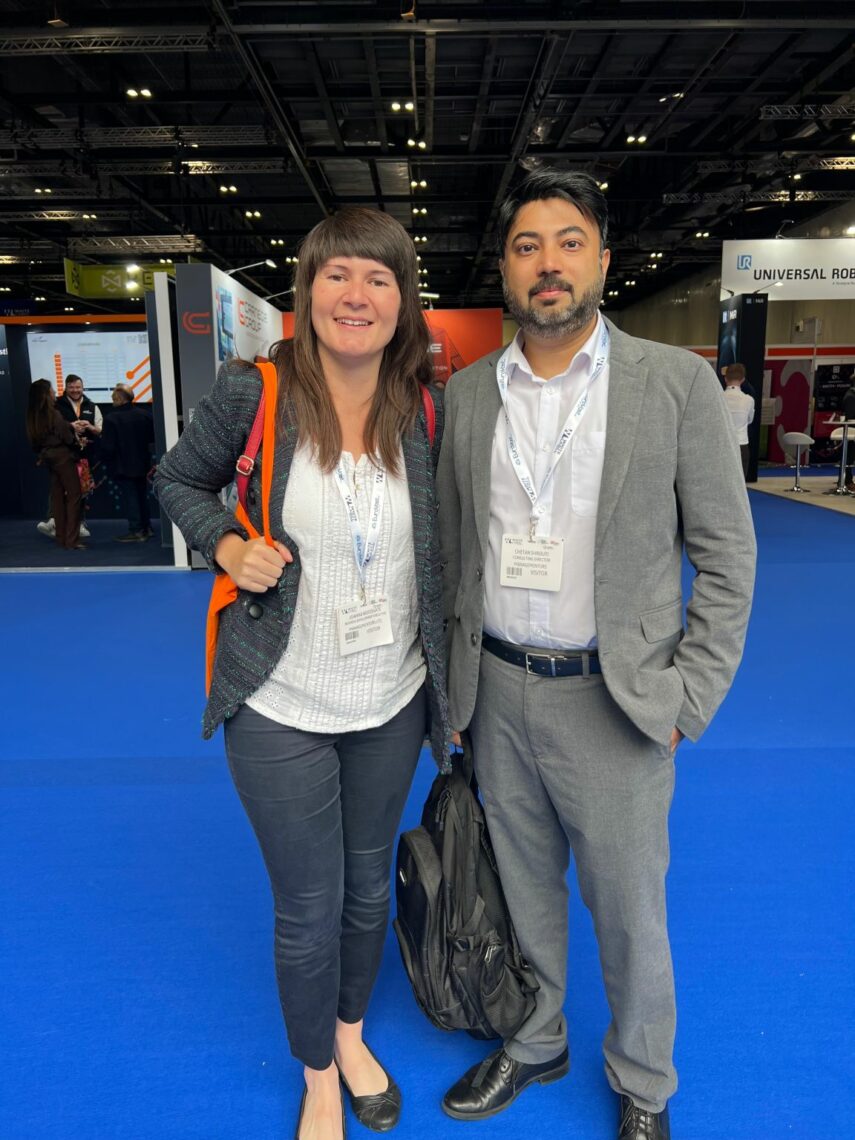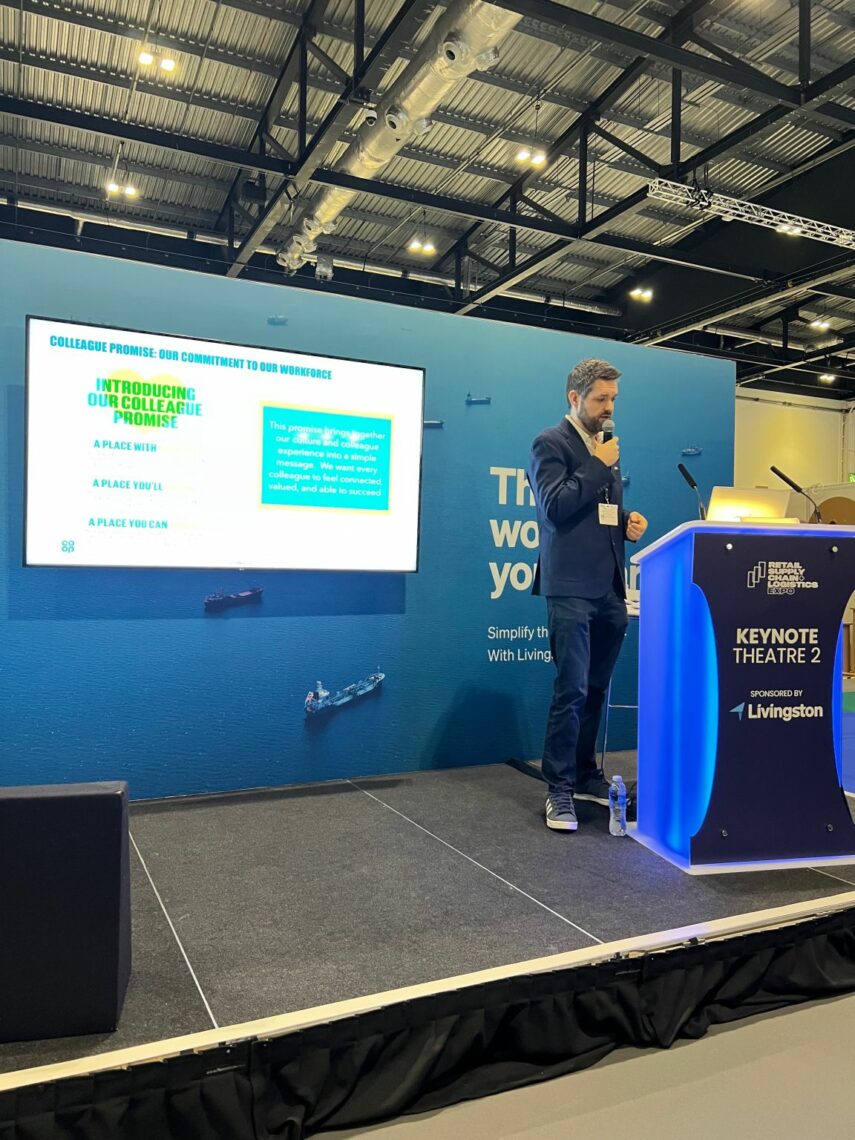This year’s Retail Supply Chain and Logistics Expo at London ExCeL felt more grounded and practical. Keynotes from Co-Op, Amazon Freight, B&Q and ASDA highlighted a clear shift: the race to scale has eased, and leaders are now concentrating on stability, predictability and making day-to-day operations work better for both customers and frontline teams.
Here are the themes that stood out.
Resilience is becoming part of everyday operations
Resilience came up repeatedly, not as a long-term ambition, but as something that must be embedded into daily work. Many organisations are still facing labour shortages, stretched expertise and unpredictable volumes, leaving operations feeling fragile. Speakers emphasised creating conditions where teams can adapt more easily: shift patterns that work for people’s lives, simplified processes, cross-skilling to close gaps, and fewer “heroic” last-minute efforts. Culture and capability were central themes, with a focus on operations that bend rather than break.
Predictability is becoming more important than pure speed
Amazon Freight shared useful insights into customer expectations. Speed still matters, but it no longer differentiates. Customers want a delivery experience they can rely on. Predictability, visibility and fewer surprises are now the qualities that build trust. Reliable delivery windows, clear communication and a smoother end-to-end flow were highlighted as priorities.
Productivity and people are now viewed together
Leaders acknowledged the challenge of improving productivity while facing high attrition and rising labour costs. The consensus was clear: productivity cannot be driven by targets alone.
Teams need clarity, support and well-designed work. Tackling avoidable complexity, long dwell times and unnecessary steps were common themes. Strong engagement and supervisors with the time and tools to lead effectively were seen as essential foundations.
AI is adding real value when the basics are in place
AI was discussed widely, but with a grounded tone. ASDA’s Rachel Sellers noted, “If you always do what you’ve always done, you’ll have what you’ve always had,” before sharing how ASDA is using AI to improve replenishment by combining sales, stock and transit data to support planners. Speakers stressed that AI only drives value when data is accurate, processes are stable and teams trust the outputs. With those basics in place, AI is beginning to make everyday work more efficient.
Sustainability is now shaping operational choices
Sustainability is influencing network design more directly than ever. Amazon Freight spoke about electric vehicles, increased use of rail, double-deck trailers and fuel reduction strategies. Carbon reporting is becoming standard in retail partnerships. The growth of second-hand retail and the complexities of reverse logistics were also discussed, reinforcing how sustainability now intersects with cost, service and long-term planning.
Retailers are building ecosystems of partners
B&Q, led by Lee Pettman, showed where the industry is heading: combining their own fleet for high-value orders with multiple carriers for flexibility and better control of the customer experience. This approach depends on strong coordination, shared service standards and technology that keeps partners aligned, creating a smooth customer experience even when several organisations are involved.
Looking ahead
Across the conversations, a consistent message emerged: retail logistics is entering a new phase focused on getting the everyday experience right for customers and for the people doing the work. As Chetan Shrouti, Managementors’ Practice Director for Logistics, summarised:
“It was encouraging to see organisations adopting new technology while keeping people at the centre. The most meaningful progress is coming from teams using technology to lift productivity and improve service quality, not simply to push for faster delivery.”
The direction for the next few years feels clear: operations must cope more easily with change; service needs to be steady and dependable; teams require tools and support; technology should simplify; sustainability will keep shaping decisions; and retailers and partners will need to collaborate more closely.
The foundations are already in place, the challenge now is to run them well and build a supply chain that works better for customers and frontline teams.



